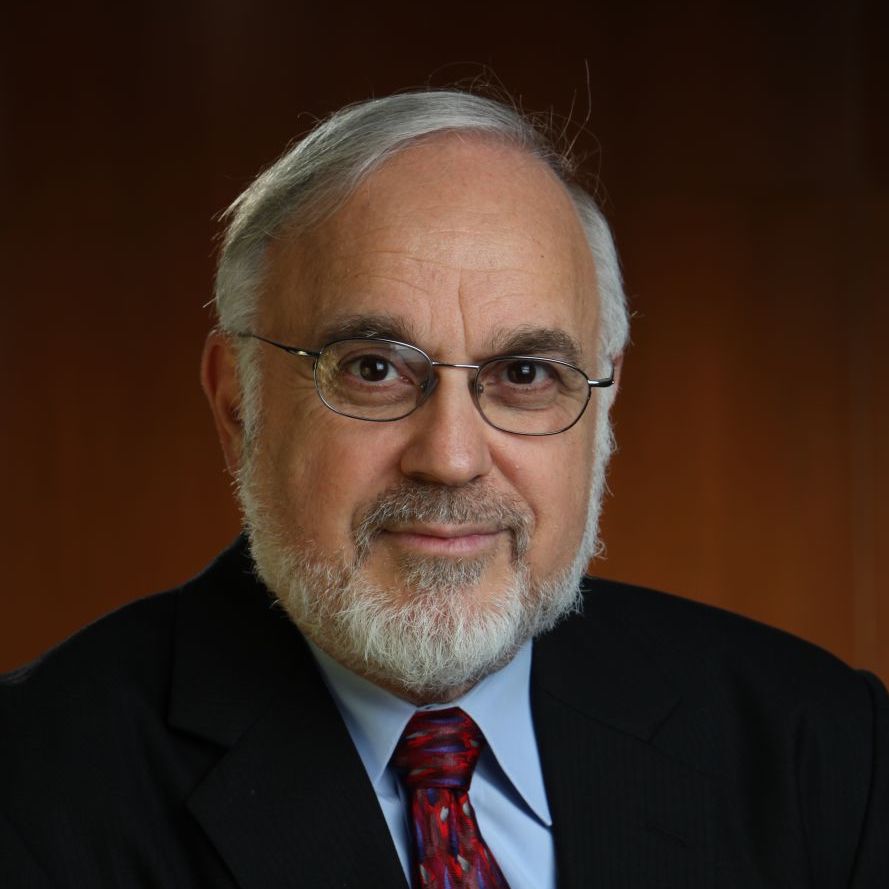Smoked out of his rat hole by the U.S. Army, there was the
Iraqi dictator, not spewing propaganda but having his heavily bearded
mouth probed by a latex-gloved medic. The doctor may not
only have been extracting a DNA sample but searching for a cyanide capsule —
the type used by Nazi henchmen Heinrich Himmler and Herman Goering to escape
final justice.
So what to do with the father of all contemporary tyrants?
Saddam Hussein was barely in custody a day when a politically correct drumbeat
began against any suggestion that the U.S.-led coalition and the Iraqi people
try him for genocide and “crimes against humanity.” Critics warn such a trial
would be a “victors’ justice” — a la Nuremberg — not really serving justice,
but vengeance camouflaged behind juridical gloss. Wrong.
In fact, a multilateral court in Baghdad — similar to the
international tribunal in Nuremberg, Germany, that tried Nazi leaders for war
crimes — is exactly the right move.
Remember that Saddam committed war crimes against the
Iranians and Kuwaitis and lobbed Scud missiles at Saudi Arabia and Israel
during the first Gulf War. He plotted to assassinate former President George H.
W. Bush and may have been involved in the 1993 World Trade Center attack. In
addition, he was the proud paymaster for Palestinian terrorism, subsidizing the
family of every homicide bomber with a $25,000 bonus.
Everyone victimized by Saddam has the legal and moral right
to confront their tormentor.
Still, it is against the Iraqi people that Saddam committed
his greatest crimes. In March 1988, Saddam’s forces gassed the Kurdish citizens
of Halabja. At least 5,000 townspeople died, 3,200 of whom were buried in a
mass grave.
Halabja had the misfortune to be located in a zone of over
1,000 Kurdish villages that the Iraqi regime targeted for total eradication.
The Iraqi offensive was named “Anfal,” after a Quranic verse allegedly
justifying the killing of infidels.
Nazi hunter Simon Wiesenthal was one of the few world
figures to urge the civilized world to act immediately. “The world’s silence
will only encourage this tyrant,” he warned. It was only in 1991 that the U.N.
Security Council moved to protect the Iraqi Kurds, way too late for the many
victims of Anfal.
Meanwhile, the Iraqi dictator correctly read the world’s
meekness as a green light for his audacious criminality. Any European
tsk-tsking was drowned out by the mad rush to bid for Iraqi oil, weapons and
technology contracts. Frankly, before the Iraqi invasion of Kuwait in 1990, the
United States did much the same. Perhaps all this explains why virtually
nobody acted during the 1990s to save the Iraqis from the continuing
depredations of their people-devouring tyrant.
But now, with Saddam under lock and key, the world must heed
the silent cries of the Kurds and the 300,000 other anonymous victims
discovered in mass graves by coalition forces.
A trial of Saddam on Iraqi soil, before a reconstituted
Iraqi justice system, would empower the Iraqi people and give voice to Saddam’s
victims. The coalition should do everything possible to speed the day when
Iraqi judges, sitting jointly with international observers and representatives
of other aggrieved countries, can mete out justice to this unrepentant mass
murderer.
Although not perfect, the Nuremberg tribunal is the proper
model, compared to the Europe’s current experience with dilatory, convoluted
trials of international criminals like the Libyan intelligence agent who blew
up TWA Flight 880 over Lockerbie, Scotland, and who is serving his “sentence”
in a facility with a private suite, cell phones and other amenities.
Nuremberg was the first venue to recognize what might be
called international “victims’ rights.” It was there where Hitler’s Jewish
victims, two years before the establishment of Israel, had their voices heard
and their unspeakable suffering confirmed by the international community.
Iraqis, who do have a state, cannot be denied sovereign jurisdiction on the
specious grounds that they’re motivated by vengeance.
Serbian tyrant Slobodan Milosevic committed his crimes in
Europe, and that is where he is being tried. The place to try Saddam is Iraq,
the homeland of Saladdin, medieval Islam’s knightly example of wisdom and
honor.
Today’s Arab and Muslim world needs an unvarnished trial,
free of apologetic Al Jazeera spin, showing how Saddam basely dishonored
Saladdin’s tradition. Mass murderer of his own people, Saddam should be viewed
as the ultimate negative role model. However, to ensure that legacy, a trial is
needed that presents this truth to Arabs and Muslims everywhere.
Wiesenthal insisted that trials of Nazi war criminals, more than
their sentences, were critical: “Each trial is an antidote to hate and a
warning to potential mass murderers yet unborn that justice will prevail.”
Ultimately, if this is can be achieved with Saddam, then the
punishment inflicted — whether the hangman’s noose or a life sentence in a rat’s
hole — really won’t matter.
Rabbi Abraham Cooper is associate dean of the Simon Wiesenthal Center. Dr. Harold Brackman, a historian, is a consultant to the Wiesenthal Center.























 More news and opinions than at a Shabbat dinner, right in your inbox.
More news and opinions than at a Shabbat dinner, right in your inbox.